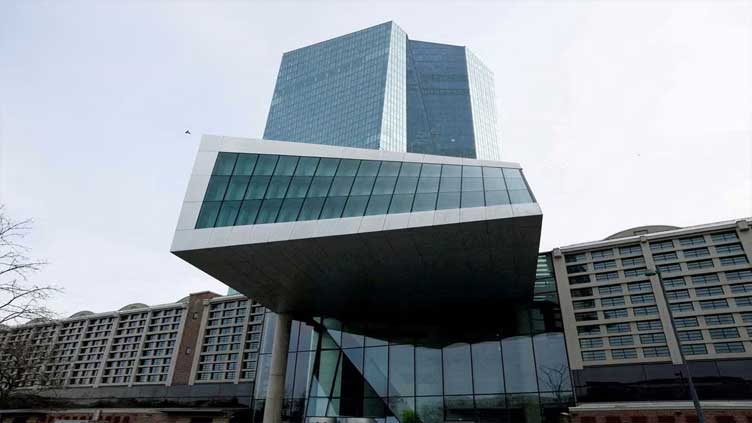European Central Bank to cut interest rates

Business
European Central Bank to cut interest rates
GENOA, Italy (Reuters) - The moment is "fast approaching" for the European Central Bank (ECB) to cut interest rates, and timely and gradual steps could help to reduce ensuing volatility in financial markets and in the economy, a top policymaker said on Saturday.
Addressing the Assiom Forex meeting in Genoa, ECB Governing Council member Fabio Panetta said the next monetary policy move had to reflect a situation in which disinflation is ongoing and a wage-price spiral unlikely, while rate hikes are proving to have a stronger effect on the economy than in the past.
"The time for a reversal of the monetary policy stance is fast approaching," said Panetta, who became Bank of Italy governor in November after a stint as an ECB executive board member.
"We need to consider the pros and cons of cutting interest rates quickly and gradually, as opposed to later and more aggressively, which could increase volatility in financial markets and economic activity," he added.
The European Central Bank held interest rates at a record-high 4% last month and reaffirmed its commitment to fighting inflation even as the time to start easing borrowing costs approaches.
The debate is now focussed on whether the ECB will start to cut rates as early as April or opt to delay.
"Any speculation on the exact timing of monetary easing would be a sterile exercise and disrespectful to the ECB Governing Council as a collegiate body," Panetta said.
The ECB ended its fastest-ever cycle of rate hikes in September.
INFLATION DEBATE
In recent weeks, key policymakers have argued that more evidence that inflation is heading back to target is needed before any rate cuts, despite growing confidence that price pressures are easing.
"What should be discussed now are the conditions to start monetary easing, while avoiding risks to price stability and unnecessary damage to the real economy," Panetta said.
Addressing concerns raised by more hawkish policymakers, Panetta said downside risks to inflation expectations had emerged and fears about the 'last mile problem' of getting prices down appeared unwarranted, with inflation falling just as fast as it had risen.
Also, strong nominal wage growth, which could pose risks, is being offset by the decline in other costs so that firms' total production costs, the main inflation driver, have stopped increasing.
With costs stable and demand weak, businesses are less likely to pass on wage increases to consumers.
Panetta played down inflation risks stemming from the Red Sea crisis saying maritime transport accounts only for a small portion of total production costs.
"Here too, low demand and high inventories reduce the likelihood of higher transport costs being passed on to prices to a significant extent," Panetta said, adding an escalation of tensions could not be ruled out.


